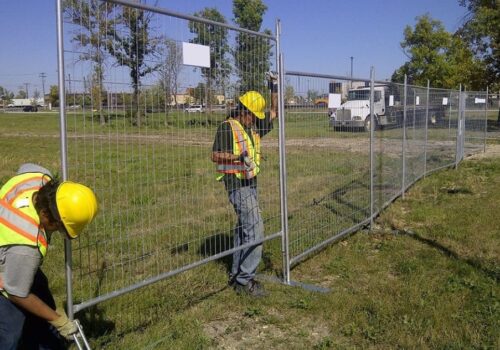Top Strategies for Effective Property Management in Real Estate
Managing property effectively is about far more than collecting rent and fixing the occasional leaky tap. It requires a proactive, well-organised approach to ensure properties are maintained, tenants are satisfied, and returns on investment are maximised. Whether you’re a landlord managing a single home or overseeing a portfolio of rental properties, mastering property management in real estate can significantly enhance your success.
Prioritise Clear and Consistent Communication
Strong communication forms the foundation of a healthy landlord-tenant relationship. From the beginning of the tenancy, setting clear expectations about rent payments, maintenance responsibilities, and house rules helps avoid future misunderstandings. Regular updates, being reachable in emergencies, and responding promptly to tenant queries all contribute to tenant satisfaction and retention.
Stay Organised with Digital Tools
Property management involves handling a large amount of data—leases, inspection records, repair histories, and financial reports. Using digital property management software streamlines these tasks, enabling you to track rent payments, schedule maintenance, and manage communications in one place. Going digital also helps ensure compliance with data protection regulations and reduces the risk of important information being lost or overlooked.
Conduct Routine Inspections and Maintenance
Preventative maintenance is key to preserving property value and avoiding costly repairs down the line. Schedule regular inspections to catch issues early and ensure tenants are maintaining the property responsibly. Keeping the property in good condition also makes it easier to attract new tenants and justify competitive rental rates.
Know the Law and Stay Compliant
Understanding and adhering to local landlord-tenant laws is crucial. This includes regulations on deposits, notice periods, safety requirements, and eviction procedures. Staying compliant protects you from legal disputes and fines. It’s also wise to keep up to date with legislative changes that may impact your responsibilities as a landlord or property manager.
Vet Tenants Thoroughly
Finding the right tenants is essential to minimising problems. Carry out background checks, request references, and assess financial stability before signing any agreement. A well-screened tenant is more likely to pay rent on time, look after the property, and stay for the long term, reducing turnover and associated costs.
Invest in Relationships
Finally, treat tenants with respect and fairness. A positive experience can lead to longer tenancies, fewer disputes, and even referrals. Happy tenants are less likely to default and more likely to co-operate in resolving issues quickly and amicably.
By adopting these strategies, landlords and managers can turn challenges into opportunities. Whether you’re new to the field or looking to improve operations, mastering property management in real estate is a smart move towards long-term success and sustainability.





